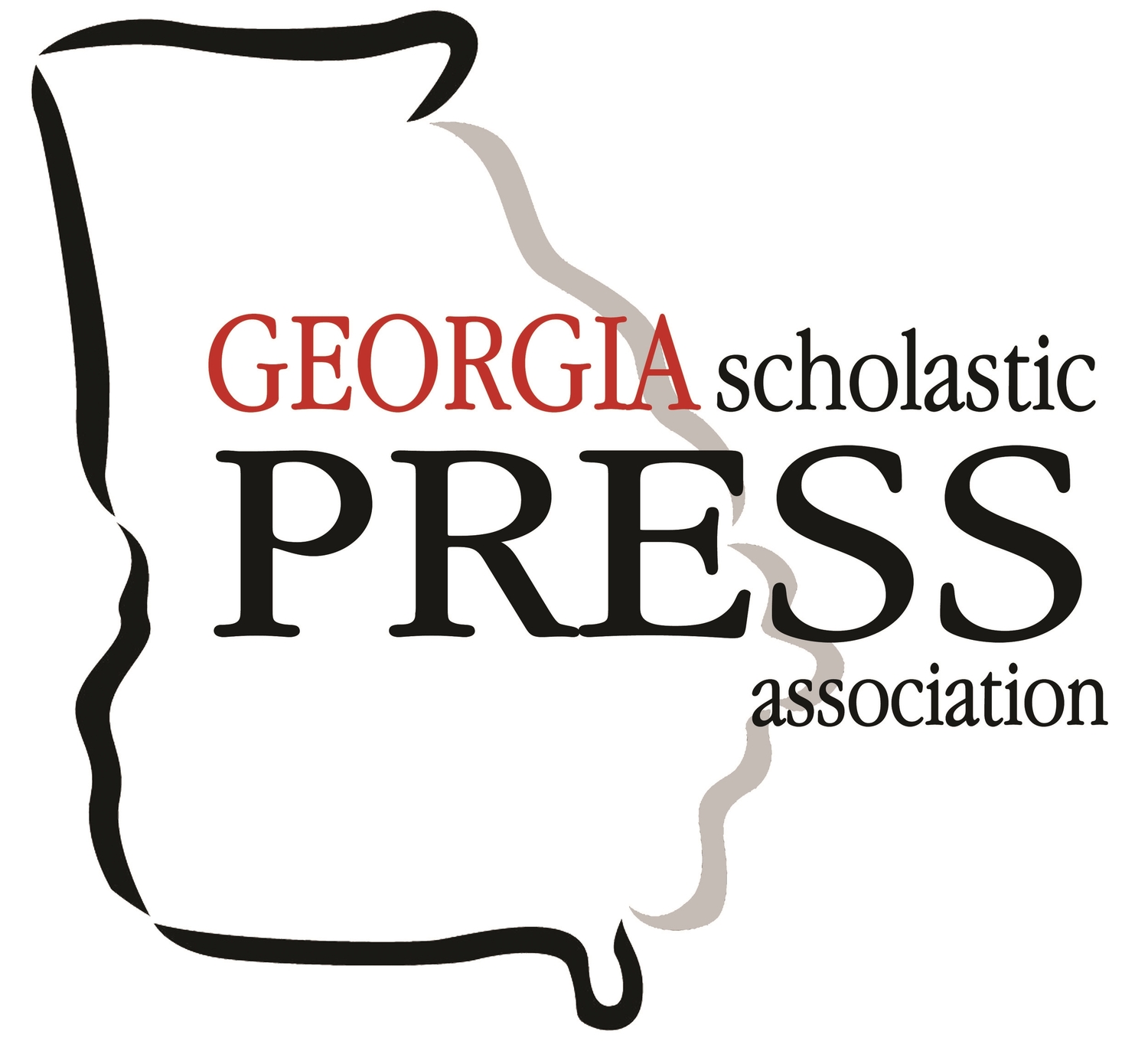UGA First Amendment Clinic's presentation on Prior Review and Prior Restraint now available
/The University of Georgia’s Law School’s First Amendment Clinic has created a presentation that breaks down two forms of censorship of student media: prior review and prior restraint. Check out the Prior Review & Restraint PowerPoint and summary below.
What is prior restraint?
Prior restraint is a type of censorship where speech or expression is stopped before it occurs.
For example:
A school administrator tells a student journalist that certain topics are off limits (before anything is even written) or that a certain article cannot be published.
Learn more about prior restraint.
What is prior review?
Prior review occurs when a school administrator reviews content before it is published. This often causes students to self-censor to ensure that their work gets approved.
Learn more about prior review.
Doesn’t the First Amendment protect student journalists from prior review and prior restraint?
The First Amendment does not adequately protect student journalists working in school-sponsored media.
This is because the Supreme Court said in Hazelwood School District v. Kuhlmeier that school administrators are allowed to censor student speech in school sponsored forums, as long as administrators have a valid educational reason for doing so.
As a result, students who create content for student-run media may have their speech restricted (examples: newspapers, broadcasts, literary magazines, yearbooks, and podcasts).
This means that students who run their own blog or post on a personal social media account have greater free-speech protection than students who create content for school-sponsored media.
What to do if a school administrator bans the publication of your work?
Ask your school officials to tell you what, if any, valid educational reason they have for censoring your content.
Find a teacher who is willing to work with you to develop media content that meets your school’s standards.
Consider joining the New Voices Georgia movement.
What are the benefits of eliminating prior restraint and prior review in school-sponsored media?
Students have greater journalistic freedom to address timely and relevant issues.
Students are less likely to engage in self-censorship.
Students create more diverse content, encouraging a larger audience.
Advisers can work with students about producing professional and ethical work.
Administrators do not have to worry about whether they’ve committed a First Amendment violation.
Tips for school media advisors:
Help students develop the tools they need to produce quality work.
Encourage students to seek multiple points of view to make their work more credible.
Coach students as opposed to making demands or requiring changes.
Have a student editorial board decide content.
Use peer editing often.
Check out the Prior Review & Restraint PowerPoint.
Page content and PowerPoint created November 2021 by Clinic students
Katie Freeman (2L) and Brianna Yates (2L).


